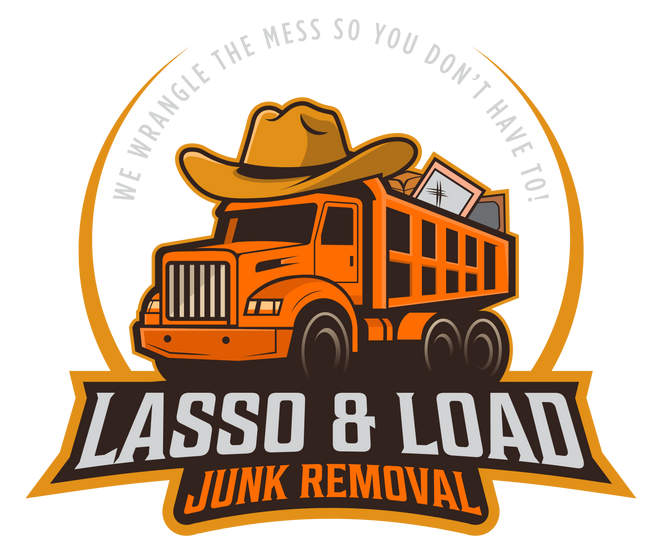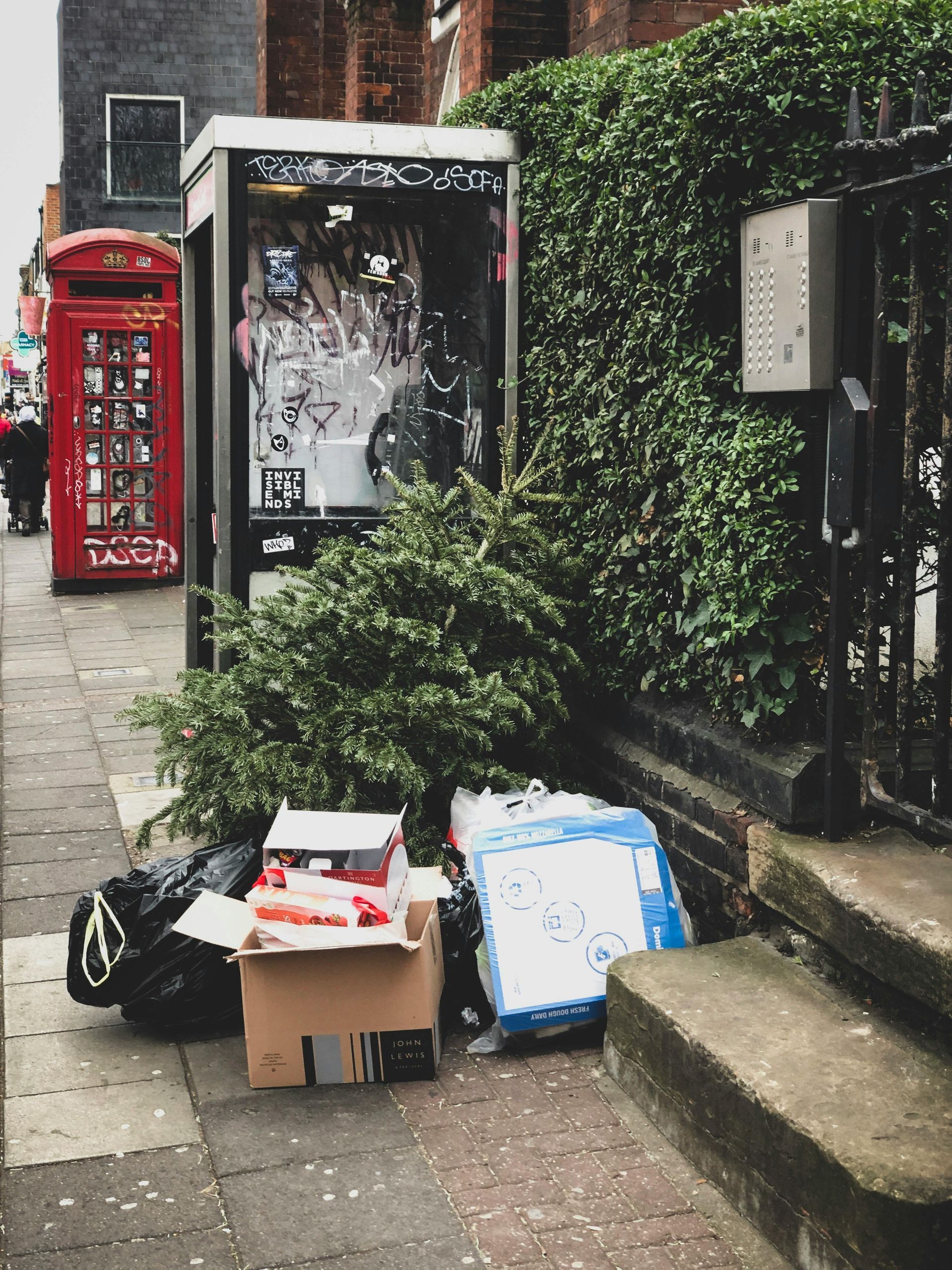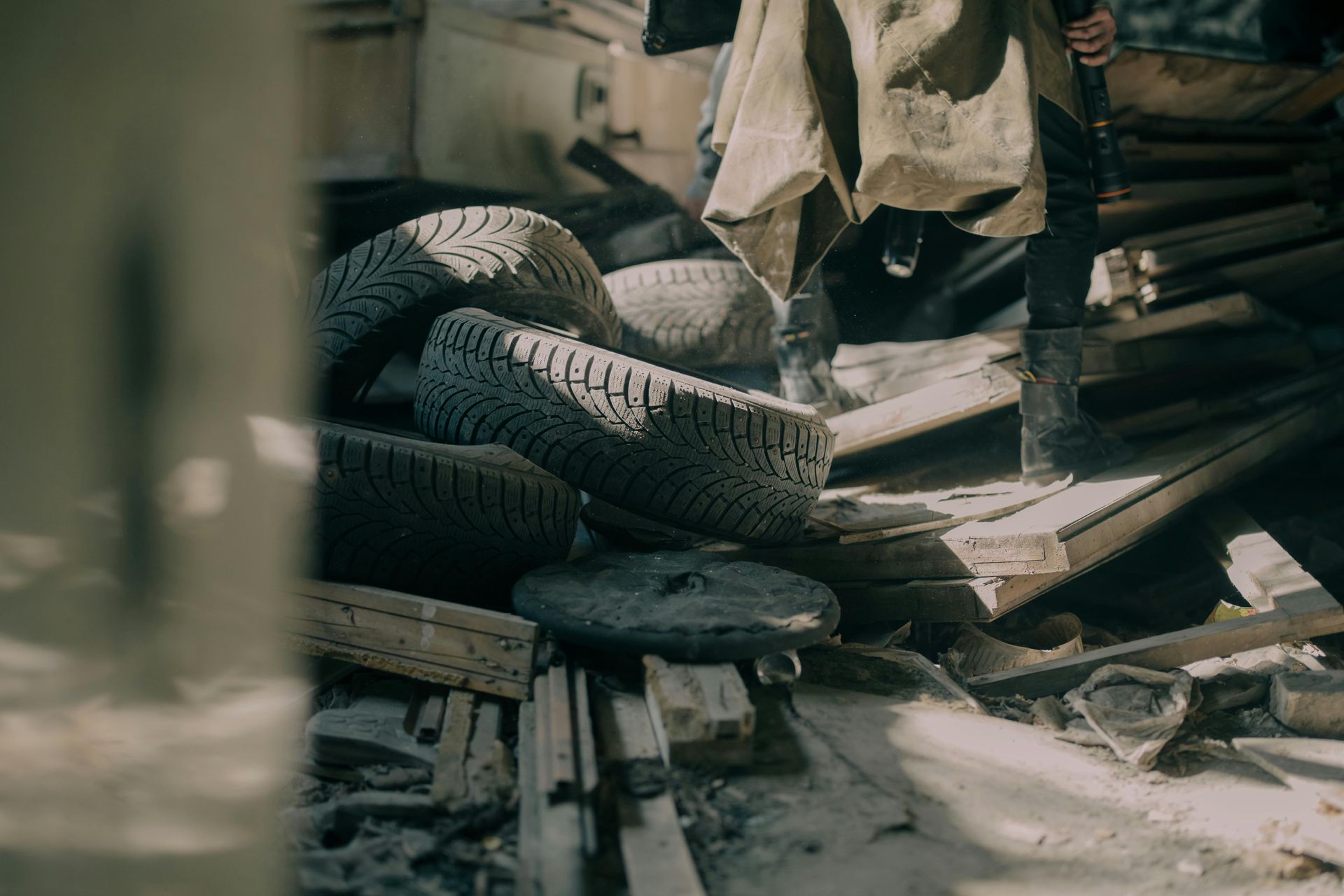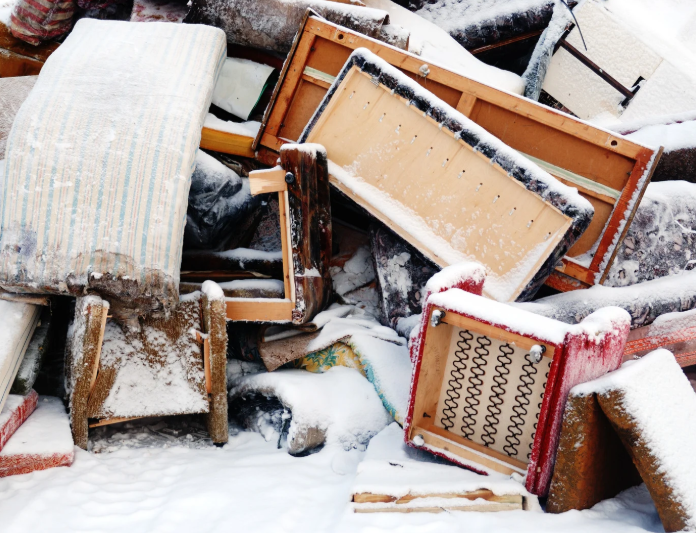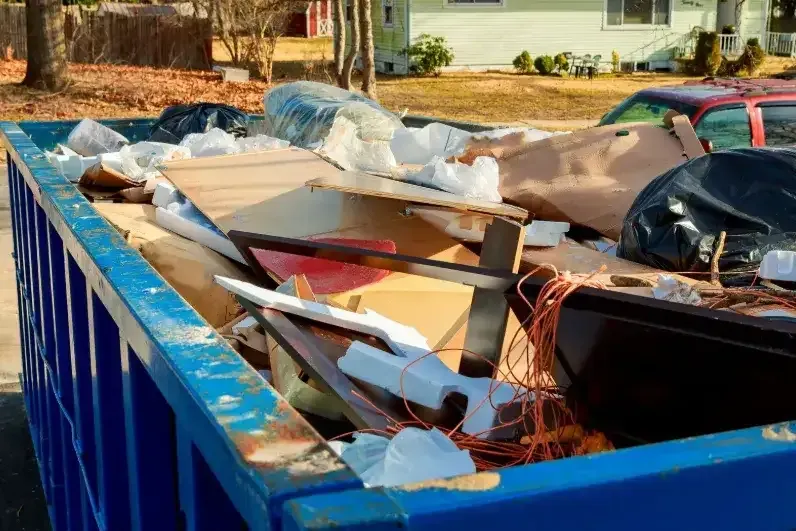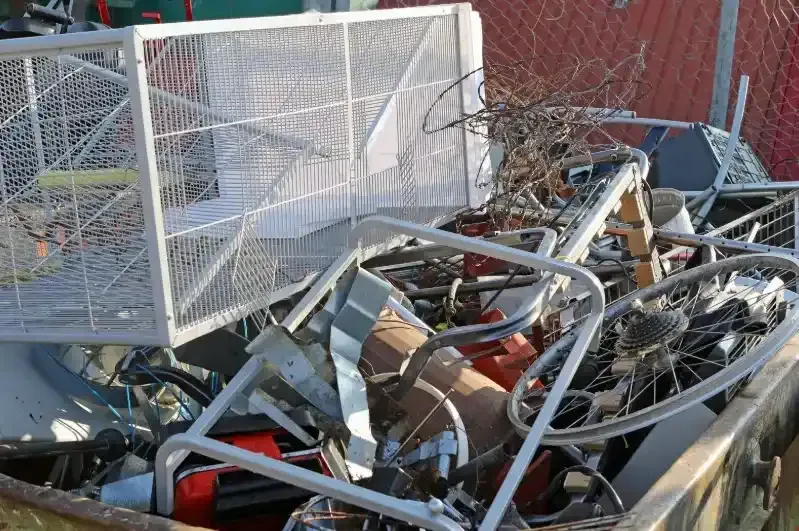How to Deal with Commercial Waste Disposal
Waste disposal is an inevitable part of running any business. Whether you’re in retail, manufacturing, or providing services, your business will inevitably accumulate waste. For many commercial establishments, handling waste disposal isn’t just about throwing things in a trash bin. It’s about managing waste efficiently, legally, and sustainably. In the world of commercial waste disposal, there’s more to consider than just convenience; the environmental impact, legal obligations, and overall cost-efficiency must also be taken into account.
When we talk about commercial waste, we’re referring to the refuse generated from business operations, excluding residential waste. It includes everything from general trash to hazardous materials, electronic waste, and industrial by-products. It’s crucial to note that how businesses handle waste can affect the environment, public health, and their operational costs. Poor waste management can result in unnecessary fines, public scrutiny, and environmental harm.
Understanding Commercial Waste
Before diving into solutions, it's essential to understand what qualifies as commercial waste. Commercial waste consists of all the materials businesses throw away in the course of their daily operations. Unlike residential waste, commercial waste is often produced in larger quantities, and its disposal requires a different set of strategies and systems.
For businesses, waste can fall into various categories: general waste, recyclable materials, hazardous waste, and organic waste. General waste can include packaging materials, old furniture, broken equipment, and even outdated paperwork. Recyclable materials, such as glass, plastic, and metal, require special treatment for reuse. Hazardous waste—like chemicals, batteries, and medical by-products—poses significant challenges and must be disposed of through specialized services. Organic waste may include food scraps from restaurants or landscaping debris.
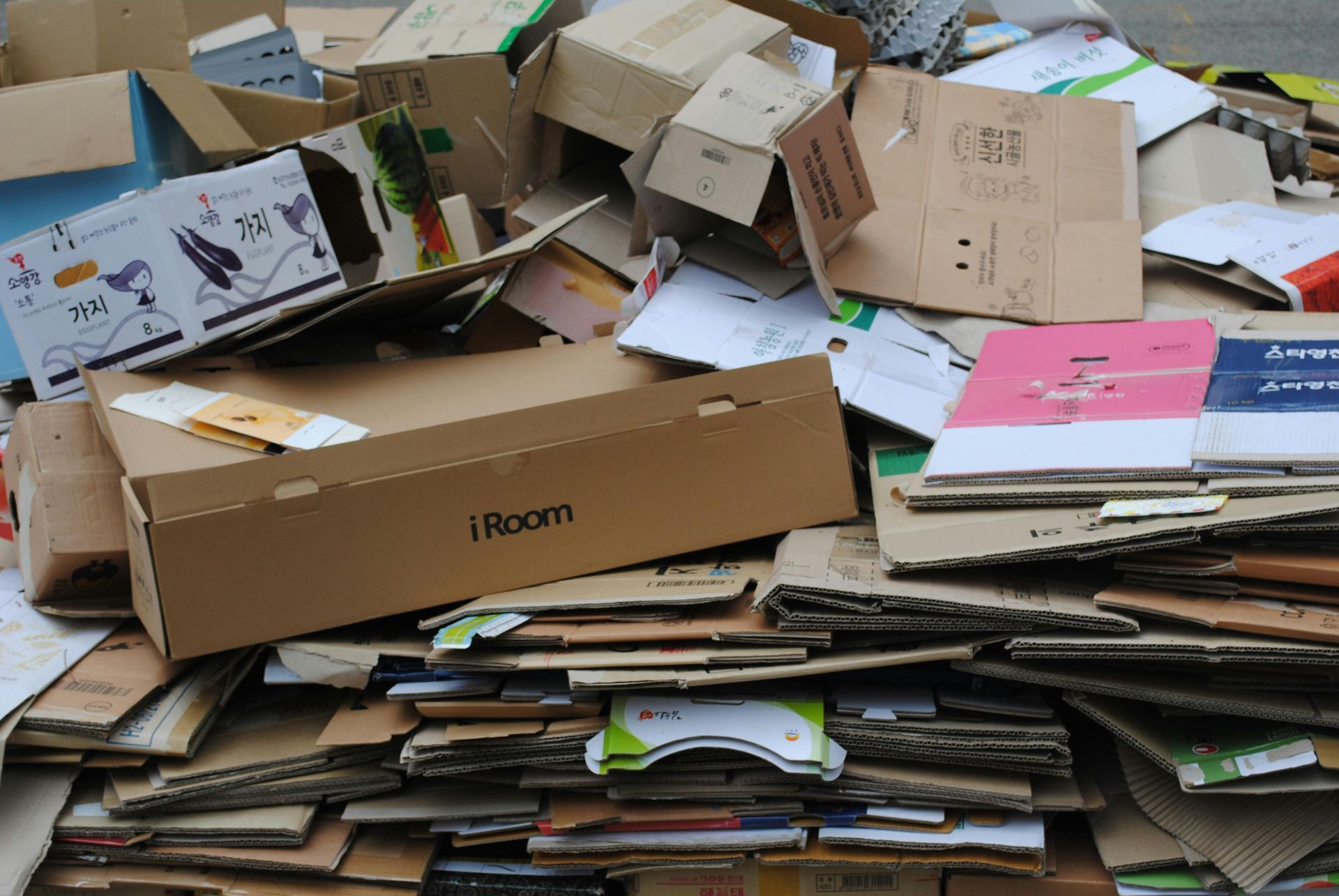
The Challenges of Commercial Waste Disposal
Handling commercial waste is not without its challenges. One of the first hurdles many businesses face is identifying the correct disposal method for each type of waste. There’s no one-size-fits-all solution. What works for one company might not work for another, depending on the nature of their waste. It’s easy to assume that all waste can be thrown into a dumpster, but such an approach can lead to legal issues or a missed opportunity for recycling and reducing your environmental footprint. Another significant challenge in commercial waste disposal is regulatory compliance. Different regions have different regulations regarding waste management, and it’s important to ensure that your business complies with these laws.
These regulations often specify how certain types of waste must be handled, transported, and disposed of, as well as penalties for non-compliance. Environmental impact is a growing concern as well. Consumers and stakeholders alike are increasingly prioritizing sustainability. Proper waste disposal is a way for businesses to align with these values while also protecting the environment. However, many businesses lack the knowledge and resources to adopt environmentally responsible practices, often leading to waste being disposed of irresponsibly.
The Key Steps in Dealing with Commercial Waste Disposal
Now that we’ve established the types of commercial waste and the challenges associated with waste disposal, let’s explore the steps businesses can take to deal with commercial waste efficiently and responsibly.
- Conduct a Waste Audit Before you can effectively manage waste, you need to understand exactly what types of waste your business generates. A waste audit helps you track the volume and type of waste produced, as well as identify opportunities for waste reduction and recycling. A waste audit involves going through your trash, assessing the materials, and classifying them into categories such as recyclables, hazardous materials, and general waste. The goal is to see what can be minimized or diverted from landfills.
- Develop a Waste Management Plan Once you’ve identified the types of waste your business produces, it’s time to develop a waste management plan. This plan should outline your goals for waste reduction, how waste will be sorted, and the disposal methods for each type of waste. A solid waste management plan also includes details about how waste will be stored, how often waste disposal services will be required, and the ways you can recycle or repurpose materials.
- Choose the Right Waste Disposal Service Selecting a reliable waste disposal service is crucial to ensuring that your waste is handled appropriately. Not all waste disposal companies are equipped to handle the various types of commercial waste, so it’s important to partner with a service provider that specializes in handling your specific waste needs.
- Consider Waste Reduction Strategies Reducing the amount of waste your business generates is one of the most effective ways to minimize your waste disposal costs and environmental impact. Start by examining your operations to identify areas where waste reduction is possible. This might include using less packaging, adopting digital record-keeping systems to reduce paper waste, or purchasing reusable materials instead of single-use products.
- Implement a Recycling Program Recycling is one of the simplest and most effective ways to reduce the volume of waste going to landfills. By implementing a recycling program, businesses can divert valuable materials like paper, cardboard, metal, and plastic from the trash. A well-organized recycling program can not only help your business become more environmentally friendly but can also reduce disposal costs.
- Manage Hazardous Waste Properly Some businesses generate hazardous waste, which must be disposed of in a very specific way to comply with environmental regulations. Hazardous waste includes materials like chemicals, solvents, medical waste, batteries, and even some electronics. Improper handling of hazardous waste can result in serious environmental damage, health risks, and fines.
- Stay Compliant with Local Regulations Every region has its own set of regulations when it comes to waste management. From the disposal of recyclable materials to the handling of hazardous waste, businesses need to stay updated on local laws and regulations to avoid potential fines. Staying compliant means understanding the types of waste that require special handling and ensuring that all waste is disposed of in accordance with local, state, and federal laws.
- Engage Employees in Waste Management A successful waste management strategy relies on the cooperation of all employees within a business. Make sure your staff is aware of your waste management goals and is trained to follow proper waste disposal procedures. It’s also helpful to appoint a waste management coordinator who oversees the system, ensures compliance, and makes recommendations for improvements.
- Consider Waste-to-Energy Technologies Some businesses might want to take waste management one step further by turning waste into energy. Waste-to-energy technologies are becoming increasingly popular, allowing businesses to convert non-recyclable waste into electricity, heat, or fuel. This process not only reduces the volume of waste that needs to be disposed of but also provides an alternative energy source.
Effective Strategies for Managing Commercial Waste Disposal in Your Business
Commercial waste disposal is more than just tossing items into a dumpster. Businesses need to adopt effective strategies to manage waste sustainably, reduce costs, and comply with regulations. To do so, the first step is understanding what types of waste your business generates. Conducting a waste audit allows you to determine how much and what kinds of waste you are producing. This audit is the foundation for building a waste management plan, which should include waste reduction, recycling, and proper disposal of hazardous materials. By categorizing waste effectively, businesses can also identify opportunities for reusing materials and lowering their carbon footprint.
Once your audit is complete, it’s essential to implement strategies such as waste reduction and recycling programs. Encouraging employees to reduce waste, like using digital systems to replace paper, can help significantly cut down on waste production. Additionally, selecting a reliable waste disposal company that specializes in handling your specific waste needs can ensure your business remains compliant with local laws and regulations.
A Guide to Navigating Commercial Waste Disposal Laws and Regulations
In today’s world, staying compliant with commercial waste disposal laws is crucial for every business. Improper disposal of waste can lead to hefty fines and damage to the environment. It’s vital to understand the regulations surrounding the various types of waste your business generates. Waste disposal laws vary by location, so businesses must be aware of the specific regulations in their area. Many regions have strict rules on how hazardous materials should be disposed of, as well as how recyclable waste should be separated from general trash.
To navigate the complex landscape of waste disposal regulations, businesses should stay informed and work with waste management experts. It’s also beneficial to educate employees on these regulations to ensure proper handling of materials. Developing a waste management plan that aligns with legal requirements can minimize the risks associated with improper disposal. Compliance ensures that your business operates responsibly, avoiding costly penalties and contributing positively to the community and environment.
Conclusion
Efficiently dealing with commercial waste disposal requires a comprehensive and strategic approach. From conducting an in-depth waste audit to selecting the right disposal service, businesses can optimize their waste management processes, streamline operations, and significantly reduce their environmental impact. By implementing effective planning, waste reduction tactics, and recycling initiatives, businesses can maintain a cleaner, more sustainable operation while also ensuring compliance with local regulations and minimizing disposal costs. A thoughtful waste management plan not only benefits the environment but also enhances the company’s reputation as an eco-conscious business, contributing to long-term success.
At Lasso & Load Junk Removal, we are dedicated to assisting businesses in Gwinnett County with all aspects of commercial waste disposal, ensuring it’s done in an environmentally responsible and cost-effective manner. Whether you need help with general waste, recycling, hazardous materials disposal, or even specialized waste removal, our experienced team is ready to offer reliable and professional services tailored to your specific needs. Contact us today at 404-227-2017 or via email at Lauren.renwickk@gmail.com to discover how we can help streamline your commercial waste management process and improve your sustainability efforts.
